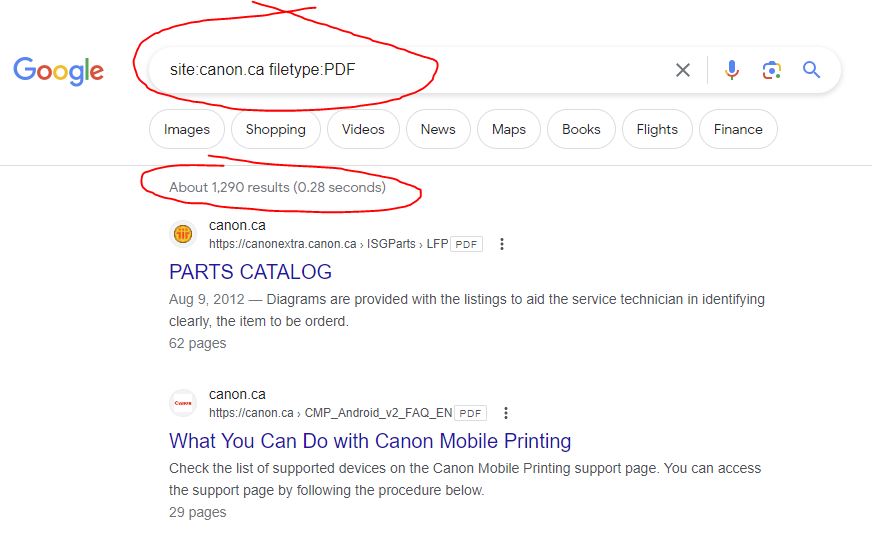Which is Best, PDF or HTML?
The question about publishing a PDF document instead of HTML (web page text) comes up often with my clients. Simply publishing the PDF seems like an easy solution. Many industries do it, including the Fair and Festival industry. Whether the content is contest information, list of events or promotional flyers published as a PDF, HTML content is likely a better solution.
So what are the advantages of HTML content?
Publishing information on a fair’s website in HTML format as opposed to providing it only in a PDF document has several advantages:
- Accessibility: HTML content is generally more accessible to users with disabilities. Screen readers and other assistive technologies can more easily interpret and interact with HTML content than PDF files.
- Search Engine Optimization (SEO): Search engines can index and understand HTML content more easily than PDF files. HTML content is more likely to appear in search engine results, helping more people find the contest information.
- Mobile Friendliness: HTML content can be responsive to different screen sizes and devices, whereas PDF files might not render well on small screens like mobile devices. HTML content improves user experience and makes the information more widely accessible.
- Load Time: HTML content usually loads faster than a PDF file, especially if the PDF is large. HTML content can make for a more pleasant browsing experience, especially for users on slower internet connections.
- Interactivity: HTML content can include interactive elements such as forms, buttons, and links to other pages. PDFs are generally static and offer different levels of engagement.
- Ease of Updates: Changes to HTML content can be made easily and quickly by updating the webpage. PDFs need to be edited, re-saved, and re-uploaded, which is more cumbersome.
- Embedding Multimedia: HTML allows for easily embedding videos, images, and other multimedia content. PDFs have limited support for such features, so the user experience may be enhanced through HTML.
- Analytics: With HTML, tracking user interaction and gathering data on how visitors engage with the content is more manageable. HTML content can help in making informed decisions to improve the user experience.
- Compatibility: While most modern devices can open PDF files, compatibility issues may still exist, especially with older devices or software. HTML content is generally more universally compatible.
- Cost and Resources: Creating well-designed PDFs might require specialized software and skills, whereas HTML content can often be created and maintained with more readily available tools and expertise.
- Localization and Internationalization: HTML content can be easily adapted and translated into different languages. HTML content can make the contest information more accessible to a global audience.
- Linking and Navigation: HTML allows for the creation of hyperlinks and easy navigation within the content. PDFs can include links, but the experience could be more seamless.
HTML Vs. PDF - Table
| HTML | ||
|---|---|---|
| Easily Measured (traffic appears in Analytics) | No | Yes |
| Easily Shared (can contain sharing buttons) | No | Yes |
| Easily Updated, Connected to a CMS | No | Yes |
| Easily Viewed on Small Screen Devices | No | Yes |
| Easily Made Accessible (for visitors with disabilities) | Generally No | Yes |
| Usability, Interactivity | Only Forms | Yes |
| Search Engine Friendly | Generally No | Yes |
| Exact Control of Formatting (for printing) | Yes | No |
| Easily Downloaded, Read Offiine | Yes | No |
Check Your Website for PDF Files
Search your website for PDF files using search operators site: and filetype:
In this example we used the website for Canon Canada.
Type your website name in your browser address bar or search bar. See how many PDF files are on your website.
site:canon.ca filetype:PDF

Better Accessibility, Flexibility, and User Experience
In conclusion, while PDFs might be suitable for downloadable content like technical manuals, brochures or flyers, using HTML for publishing contest information online offers better accessibility, flexibility, and user experience. It aligns more closely with modern web browsing dynamics and meets a broader audience’s needs.

